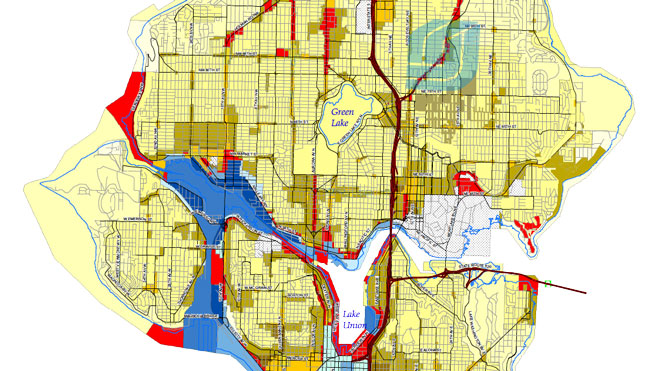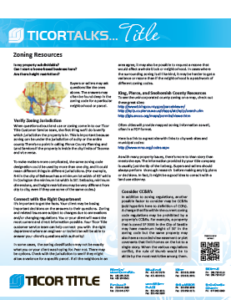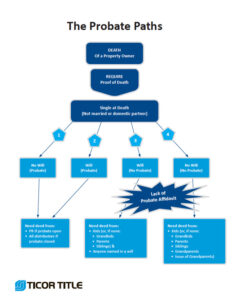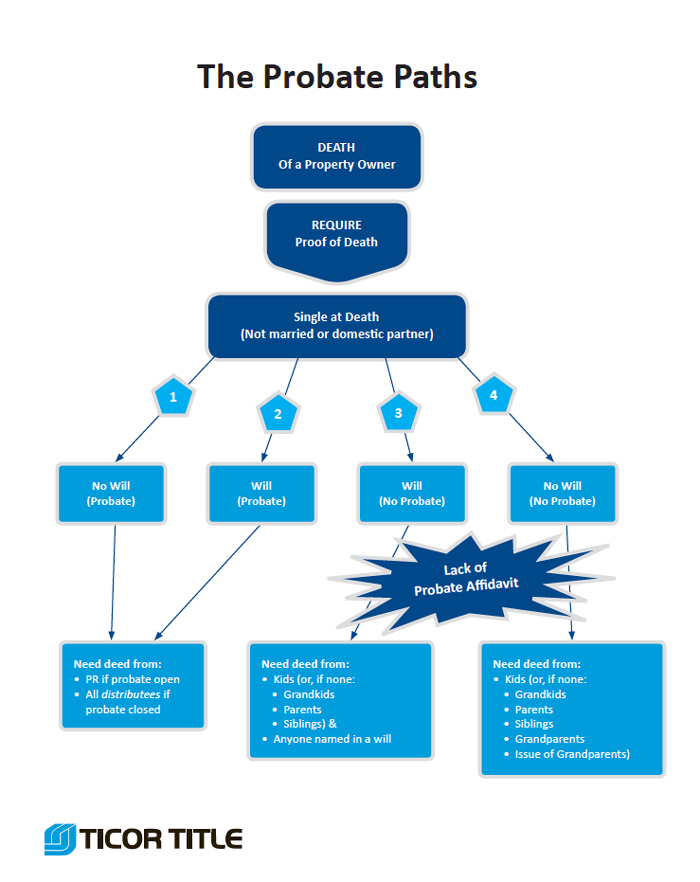For most people, purchasing or refinancing a home happens only a few times in a lifetime. And thus the topic of title insurance is only top of mind for a fleeting moment once every few years. So if you’re in the process of selling or buying real estate, here are a few refresher questions you may want to consider with regards to the topic of Title Insurance.
1. Are title insurance rates regulated in Washington state?
Yes. All title insurance rates and policy forms are filed with the Office of the Insurance Commissioner. If the Commissioner finds that a title insurance rate is excessive, inadequate, or unfairly discriminatory, he can order the modification of the rate on a prospective basis.
2. What type of coverage will I need?
To help real estate Buyers and Sellers make an informed decision as to the level of coverage to choose, we have created a side-by-side comparison chart that compares the risks covered by the ALTA Homeowner’s, Standard, and Extended Policies that we offer at Ticor Title. Download & view the chart by clicking the link below:
Residential Title Insurance Policy Types
3. Who Pays for the title insurance premium in Washington State?
In Washington State, the Seller customarily pays for the Buyer’s owner policy and the Buyer pays their lender policy.
4. Who determines which title company will provide the coverage?
Ticor’s Current Ratings:
Financial Strength/ Claims Paying Ability Ratings
Standard & Poor’s – A
Moody’s Investors Service – A3
Fitch Ratings – A-
A.M. Best Co. – A-
Lace Title Rating Corporation (Claims Paying Ability Rating)
Ticor Title Insurance Company – ADemotech, Inc. (Financial Stability Rating)
Ticor Title Insurance Company – A’
Typically the title insurer is already chosen by the Seller in order to examine title and flush out potential title issues on the property before an offer is made on the property. The Buyer may decline to use the title company previously specified by the Seller and use a title company of their choosing. However, if the Seller previously received a preliminary title that Buyer declines to use, the Buyer shall pay any cancellation fees owing to the original title insurance company.
5. Should I be concerned about the claims paying ability of my title insurance provider?
A title insurance provider’s claims paying ability is determined by the amount of reserves held to pay claims. Due to the state of the real estate market over the last 4 years, a title insurer’s claims paying ability has become more critical as the number of claims filed have sharply increased.





